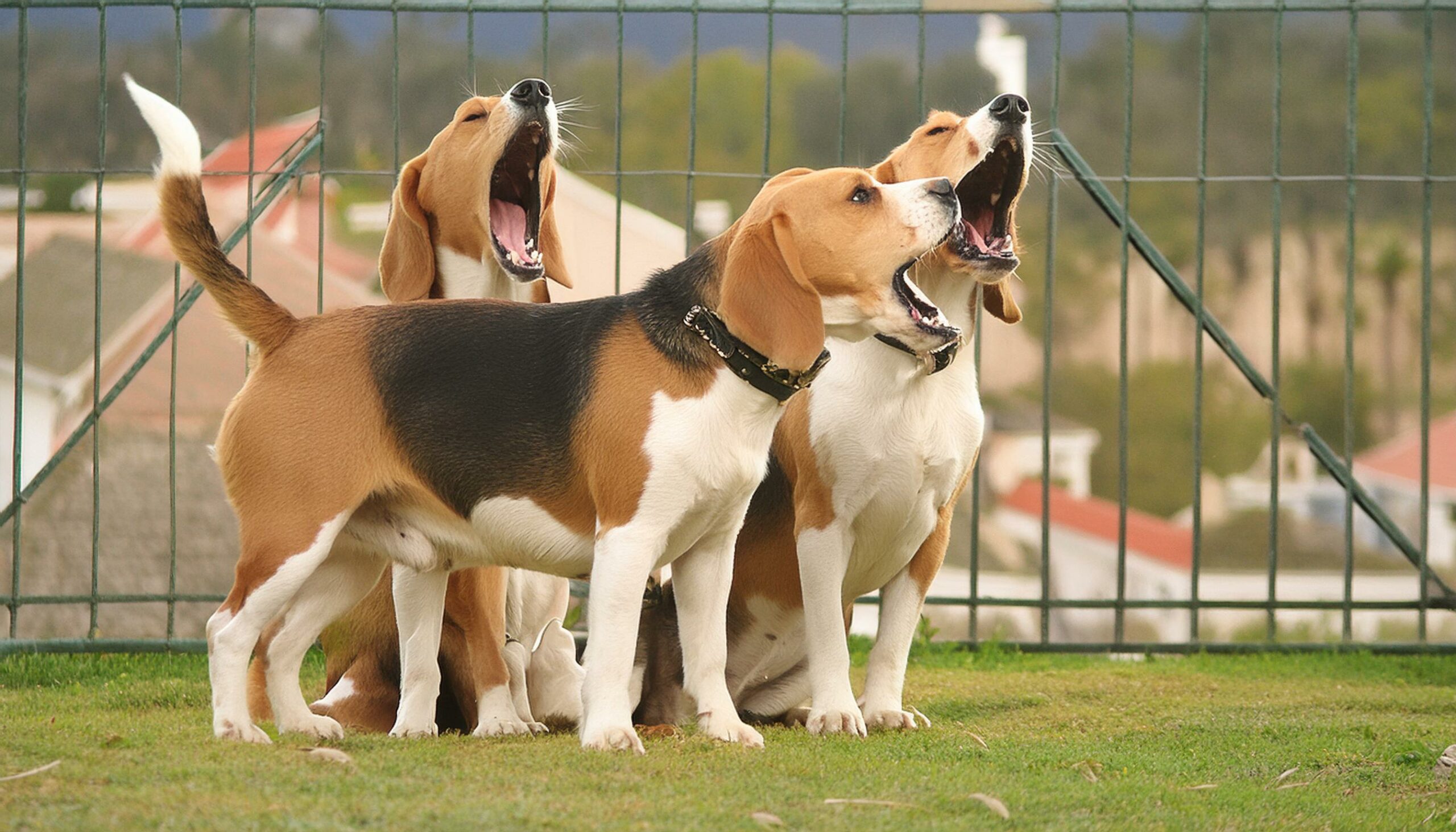Beagles, with their expressive faces and adorable floppy ears, are beloved companions in many households. However, one common behavior that can puzzle and sometimes frustrate their owners is their tendency to yell or howl. Understanding why beagles exhibit this behavior is crucial for ensuring their well-being and harmonious coexistence with their human families.
Introduction to Beagles
Beagles are a breed known for their keen sense of smell, boundless energy, and friendly disposition. Originally bred for hunting, they have retained their instinctual behaviors, including vocalizations, which serve various purposes in their social and survival contexts.
Beagle Vocalizations
Beagles are vocal dogs, and they use a variety of sounds to communicate. From barks and howls to yelps and whines, each vocalization conveys different messages and emotions. Yelling, in particular, is a distinctive feature of beagle behavior that can be triggered by various factors.
Why Do Beagles Yell?

Separation Anxiety
Beagles are sociable animals that form strong bonds with their human companions. When left alone for extended periods, they may experience separation anxiety, leading to excessive vocalizations as a way to cope with loneliness and stress.
Attention-Seeking Behavior
Beagles are intelligent and highly energetic dogs that thrive on interaction and stimulation. Yelling can be their way of seeking attention from their owners, especially if they feel neglected or bored.
Territorial Instincts
Beagles have a strong instinct to protect their territory and alert their pack members to potential threats. Yelling may occur in response to perceived intruders or unfamiliar noises, serving as a warning signal to others.
Genetic Predisposition
Genetics play a significant role in shaping beagle behavior, including their vocalizations. Some beagles may inherit a predisposition to yell more frequently than others, influenced by their lineage and breeding history.
Understanding the Root Causes

To address beagle yelling effectively, it’s essential to identify the underlying causes specific to each dog. Observing their behavior patterns and environmental triggers can provide valuable insights into why they engage in this behavior.
Training Techniques for Beagle Vocalization
Positive Reinforcement
Training beagles to control their vocalizations involves using positive reinforcement techniques. Rewarding quiet behavior with treats, praise, and attention can encourage them to adopt more desirable behaviors.
Desensitization
Gradual exposure to triggers that prompt yelling, such as being left alone or encountering strangers, can help desensitize beagles and reduce their anxiety levels over time.
Providing Mental and Physical Stimulation
Keeping beagles mentally and physically stimulated is crucial for preventing boredom and reducing excessive vocalizations. Engaging them in interactive games, puzzle toys, and regular exercise can help channel their energy constructively.
Tips for Handling Beagle Yelling
Establishing a Routine
Maintaining a consistent daily routine for feeding, exercise, and playtime can provide beagles with a sense of security and predictability, minimizing anxiety-related vocalizations.
Creating a Comfortable Environment
Creating a safe and comfortable environment for beagles, including cozy sleeping areas and calming music or white noise, can help alleviate stress and promote relaxation.
The Importance of Consistency
Consistency is key when addressing beagle yelling behavior. Enforcing rules consistently and responding to vocalizations in a calm and assertive manner can reinforce desired behaviors over time.
Seeking Professional Help
If beagle yelling persists despite consistent training efforts, seeking guidance from a professional dog trainer or behaviorist may be necessary. They can provide personalized advice and strategies tailored to the individual needs of the dog and its owners.
Conclusion
Understanding why beagles yell is essential for promoting their well-being and strengthening the bond between beagles and their human companions. By addressing the root causes of this behavior and implementing effective training techniques, owners can help their beagles become happier, healthier, and more harmonious members of the family.
FAQs
Can all beagles be trained to stop yelling?
While training can help reduce yelling behavior in most beagles, individual differences in temperament and genetics may influence the effectiveness of training.
Is yelling a sign of distress in beagles?
Yelling can indicate distress, but it’s essential to consider other factors such as context, frequency, and duration of vocalizations when assessing a beagle’s well-being.
How long does it take to train a beagle to stop yelling?
The duration of training can vary depending on the dog’s age, temperament, and previous experiences. Consistency and patience are key to achieving lasting results.
Can medical issues cause excessive yelling in beagles?
In some cases, underlying medical issues such as pain or discomfort can contribute to excessive vocalizations in beagles. Consulting a veterinarian is advisable if yelling persists despite training efforts.
Are there specific breeds more prone to yelling than others?
While beagles are known for their vocal nature, individual differences in behavior can occur within any breed. Factors such as genetics, environment, and socialization play significant roles in shaping a dog’s vocalizations.
